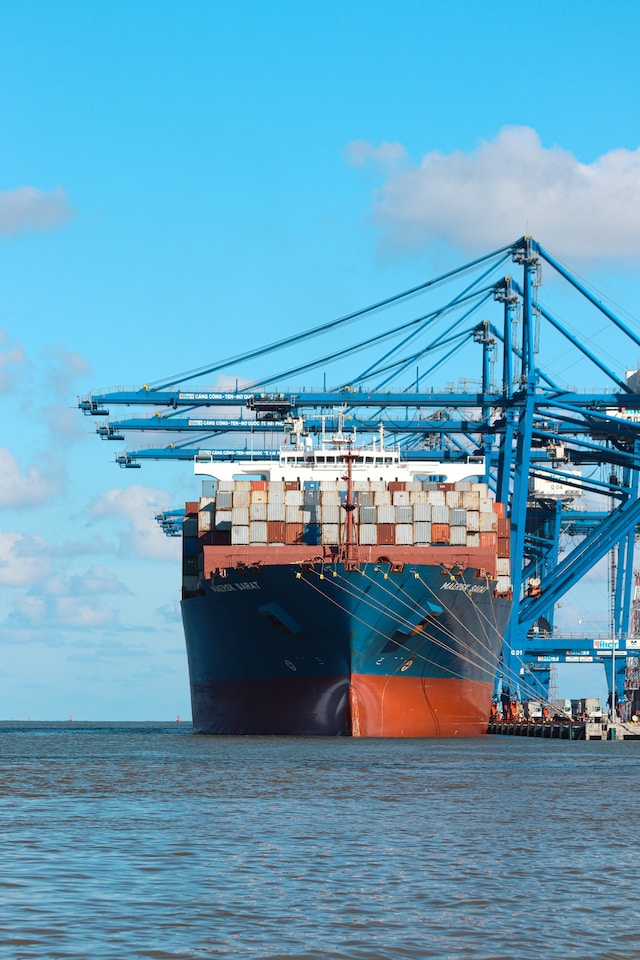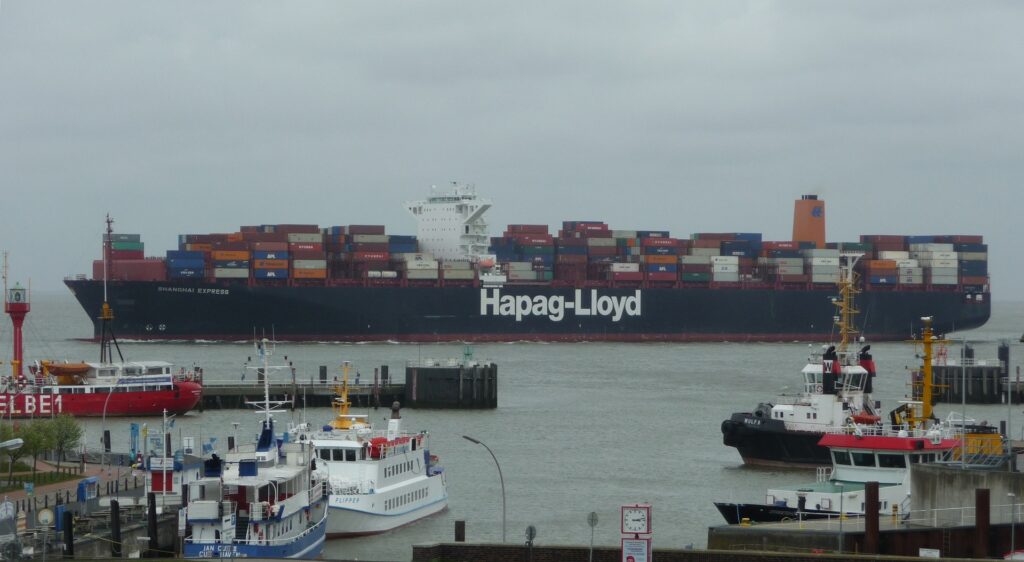There are several case studies of how cloud technology has impacted shipping organisations. Here are a couple of examples.
1. Maersk: Danish conglomerate Maersk is one of the world’s leading shipping companies, and has been working on a digital transformation program to improve its operations. As part of this program, the company implemented a cloud-based platform called TradeLens, which is designed to share shipping data with its customers and partners. By using TradeLens, Maersk has been able to reduce the time and costs associated with manual data processing, while also improving the accuracy and reliability of its shipping data.

2. Hapag-Lloyd: German shipping line Hapag-Lloyd has also been working on digital transformation, and has implemented a cloud-based solution called Cargo Sphere to manage its pricing processes across all of its services, reducing complexity and increasing transparency for its customers.

These are just a few examples of how cloud technology has impacted shipping organisations. As more companies in the industry adopt cloud-based solutions, we can expect to see even more innovation and transformation
